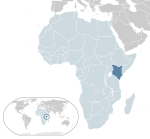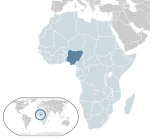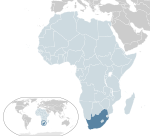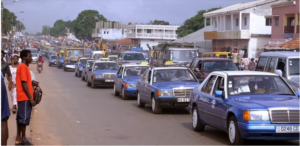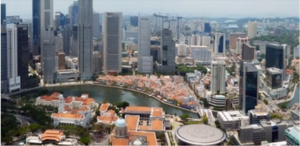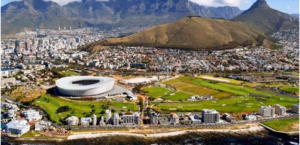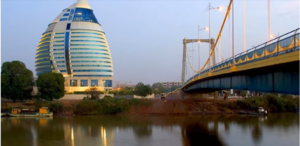African Smartcities 2100
The Largest Megacities by 2100 According to the report, human geography will look completely unfamiliar by the turn of the century. Here is a list of the 20 largest megacities projected for 2100: Rank Population Read more
degradation
Natural degradation hazards The major natural hazards in the region, environmental conditions which act as predisposing factors for land degradation, are: For water erosion: monsoonal rains of high intensity; steep slopes of the mountain and Read more
SmartPartners
Electricity Infrastructure We cover several markets in the area of clean electricity. Off-grid electricity markets: Autonomous systems Off-grid sites: domestic (Solar Home Systems, Lighting, etc.), communities (vllages, public buildings) and industry (pumping in agriculture, telecommunications Read more
SmartBioenergy
Bioenergy use falls into two main categories: “traditional” and “modern”. Traditional use refers to the combustion of biomass in such forms as wood, animal waste and traditional charcoal. Modern bioenergy technologies include liquid biofuels produced Read more
S-municipalities
Governments as Smart Governments Cities account for the bulk of global energy use. With the urban population growing everywhere, measures at the municipal level are a crucial element in the shift to sustainable, renewable energy Read more
SmartParking
Smart parking in a city – the first ffor Africa Ethiopia’s capital Addis Ababa has introduced a first for Africa, a smart parking system to solve the lack of parking space for the hundreds of Read more
smartshopping
Waterfall seeks to be the smart city in south africa. the largest mixed use development in the country thus far. schools, shopping, green spaces, parks, and more
smartarchitecture
Ghana’s Hope city 10 billion dollar development outside Accra Will await the developments on this smart city Architect from Italy modelled this city of mixed use development which will have university, hospital, recreation and more Read more
smarttechnology
Konza technological City The government plans to complete the techno city just after 2030. This city once completed will bring in over a billion dollars and generate over 150,000 jobs This city will be built Read more
smartenvironment
The continent needs to find ways of improving urban life. Will these eye-catching projects prove to be white elephants, offering solutions for only a lucky few who can afford them? In June the Nigerian Smart Cities Read more
Smartliving
Countries across Africa are putting “smart cities” on their agendas. Rwanda, a regional leader in developing “smart cities,” published a Smart Cities Blueprint in May to help foster the use of technology in urban management. The continent Read more
Smarteconomy
Mauritius, Seychelles, and Equatorial Guinea are the richest countries in Africa according to the latest research. With GDPs going up as high as $38,700. According to statistics provided by the International Monetary Fund (IMF), the Top 10 richest countries Read more






























